
What’s Really Causing Your Leg Cramps at Night and How to Finally Stop Them
Nighttime leg cramps, also known as nocturnal leg cramps, are sudden, painful muscle contractions that typically occur in the calves, thighs, or feet while you’re sleeping. These cramps can last anywhere from a few seconds to several minutes, leaving your muscles sore and tender even after the pain subsides. If you’ve ever been jolted awake by a leg cramp, you know how frustrating and painful it can be. But what exactly causes these nighttime cramps, and how can you finally stop them?
Common Causes of Nighttime Leg Cramps
There are many potential triggers for nocturnal leg cramps. One of the most common causes is muscle fatigue or overuse, especially after intense physical activity or prolonged standing. Athletes, fitness enthusiasts, and people who work on their feet all day are more prone to developing cramps due to repeated strain on their leg muscles.
Dehydration is another frequent contributor. When your body lacks enough fluids, electrolyte imbalances can occur—particularly in magnesium, potassium, and calcium—which directly affect muscle function. Without adequate hydration, muscles are more likely to contract involuntarily.
Another often overlooked cause is poor circulation. If blood isn’t flowing efficiently to your lower extremities, your muscles may not get enough oxygen and nutrients, leading to cramping. Nerve compression, such as spinal issues or pinched nerves, can also send incorrect signals to the muscles, triggering spasms.
Medications and medical conditions can play a role as well. Diuretics, statins, and certain blood pressure medications may lead to electrolyte imbalances. People with diabetes, kidney disease, or thyroid disorders are also more likely to experience leg cramps due to underlying metabolic or nerve-related issues.
Lastly, sleeping position can impact the likelihood of cramps. Sleeping with your legs in a tight or flexed position can shorten the calf muscles, making them more susceptible to cramping.
How to Stop Leg Cramps for Good
Fortunately, there are several effective strategies for preventing and relieving nighttime leg cramps. One of the most important steps is hydration. Make sure you're drinking plenty of water throughout the day, especially if you’ve been sweating or exercising. Staying hydrated helps maintain the balance of electrolytes in your body.
Stretching before bed is another powerful remedy. Simple stretches targeting your calves and hamstrings can relax the muscles and improve blood flow. Try standing with one leg behind the other and leaning forward to stretch the back leg. Hold for 30 seconds and switch sides.
Foot positioning during sleep is also worth considering. Sleeping with your toes pointed downward, as in a fetal position, can encourage cramps. Instead, try sleeping on your back with your feet slightly elevated or use a pillow to support your knees and ankles.
In some cases, magnesium or potassium supplements may help, especially if your cramps are caused by a deficiency. However, it’s best to consult a doctor before taking supplements, as they can interact with medications or existing health conditions.
Regular exercise and massage can also promote healthy circulation and reduce muscle tension. Light activity like walking, swimming, or yoga strengthens the muscles and reduces the chances of cramping.
When to See a Doctor
If you experience frequent or severe leg cramps that don’t improve with lifestyle changes, it may be time to see a healthcare professional. Chronic cramping can sometimes be a sign of an underlying medical condition, such as peripheral artery disease or neurological issues.
In conclusion, while nighttime leg cramps can be alarming and uncomfortable, they are often preventable. By staying hydrated, stretching regularly, maintaining proper sleep posture, and addressing any underlying health issues, you can reduce or eliminate leg cramps and enjoy more restful, uninterrupted sleep.
News in the same category

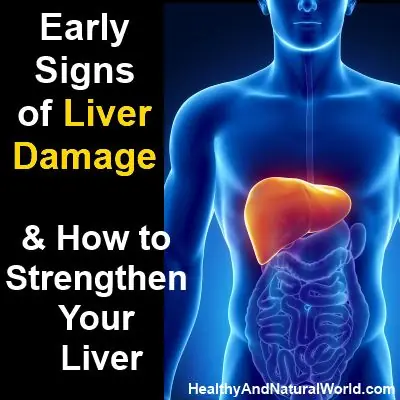
Early Signs of Liver Damage & How to Strengthen Your Liver
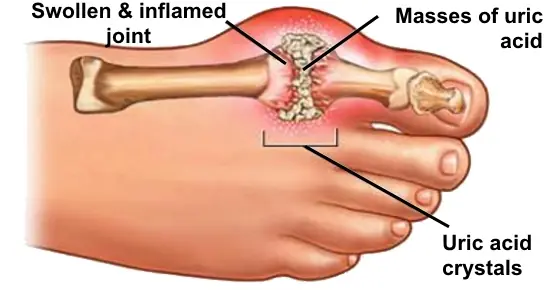
The Best Natural Gout Treatments: Remove Uric Acid Crystallization To Prevent Gout And Joint Pain
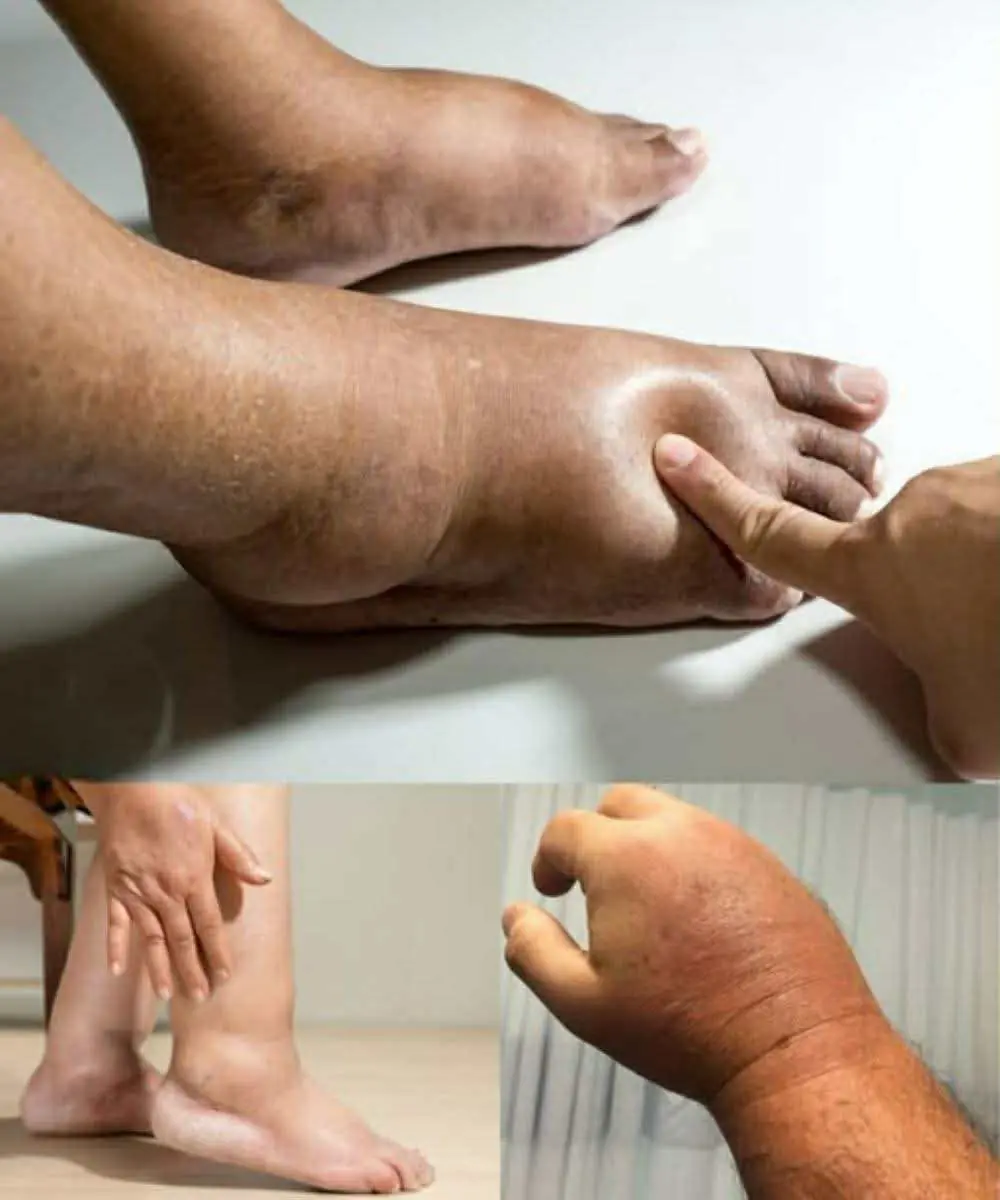
Foods that can ease swelling in hands and feet
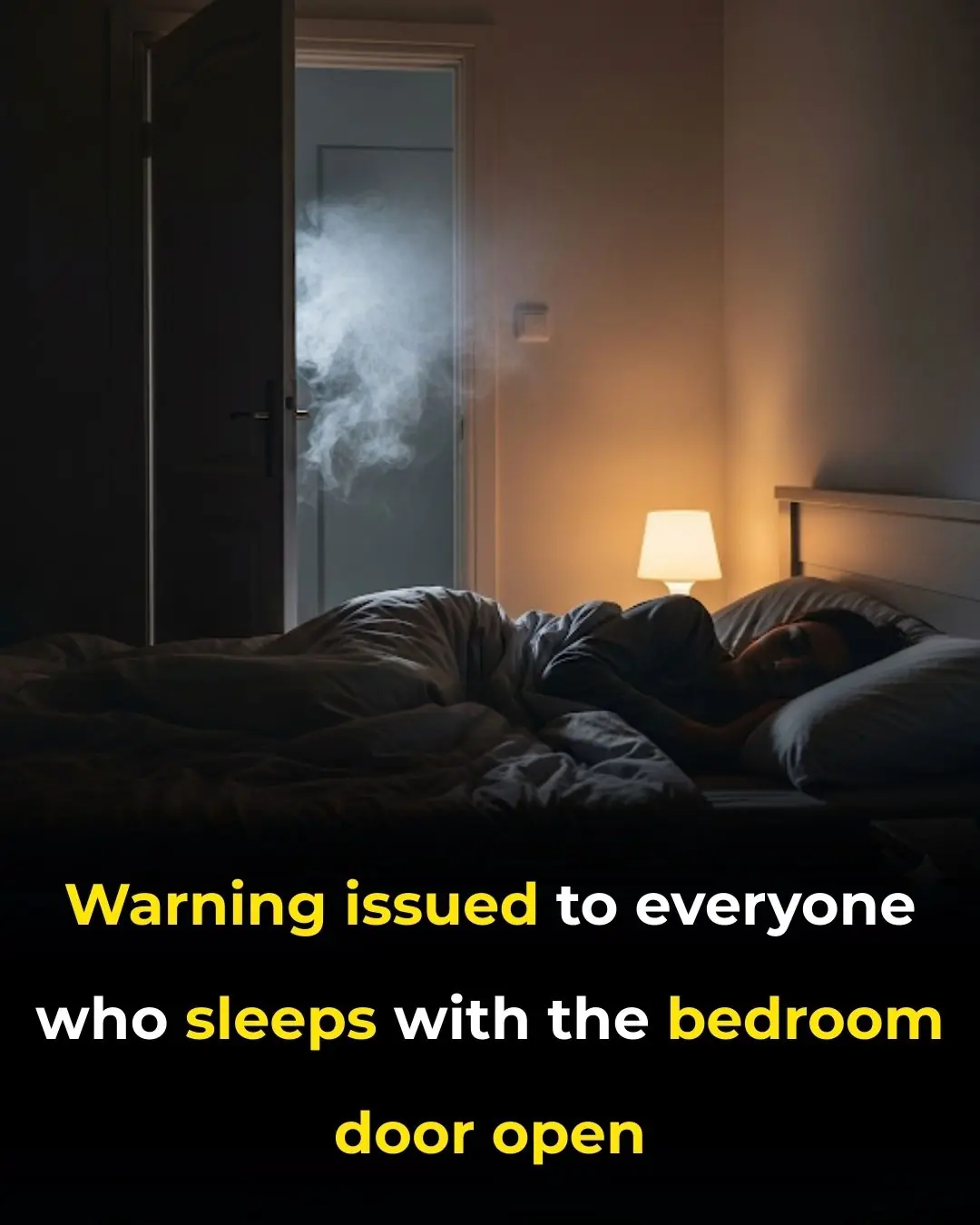
Sleeping With The Door Open

Woman shares ’embarrassing’ symptoms she regrets hiding from doctors as she’s diagnosed with incurable cancer
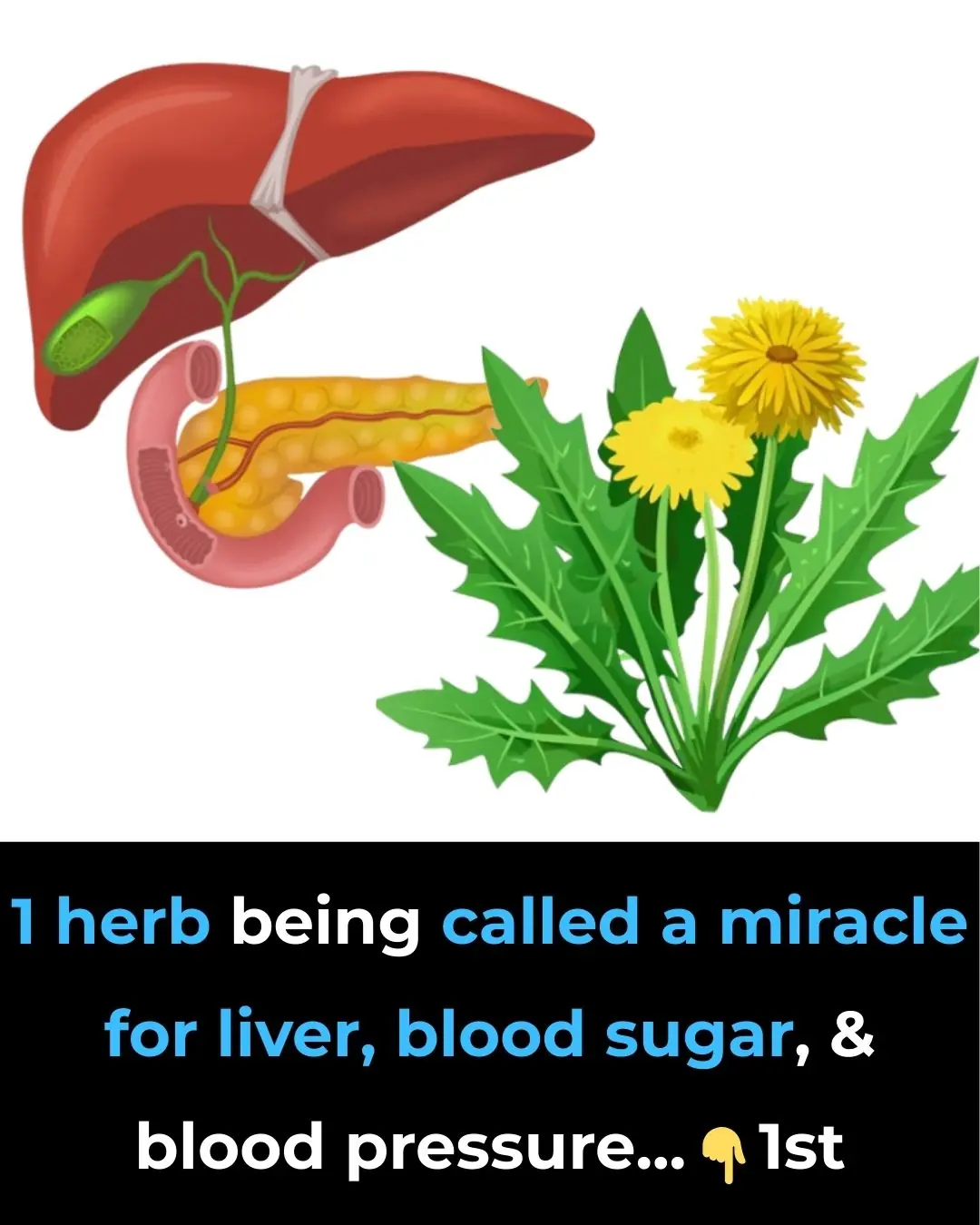
1 herb being called a miracle for liver, blood sugar, and blood pressure
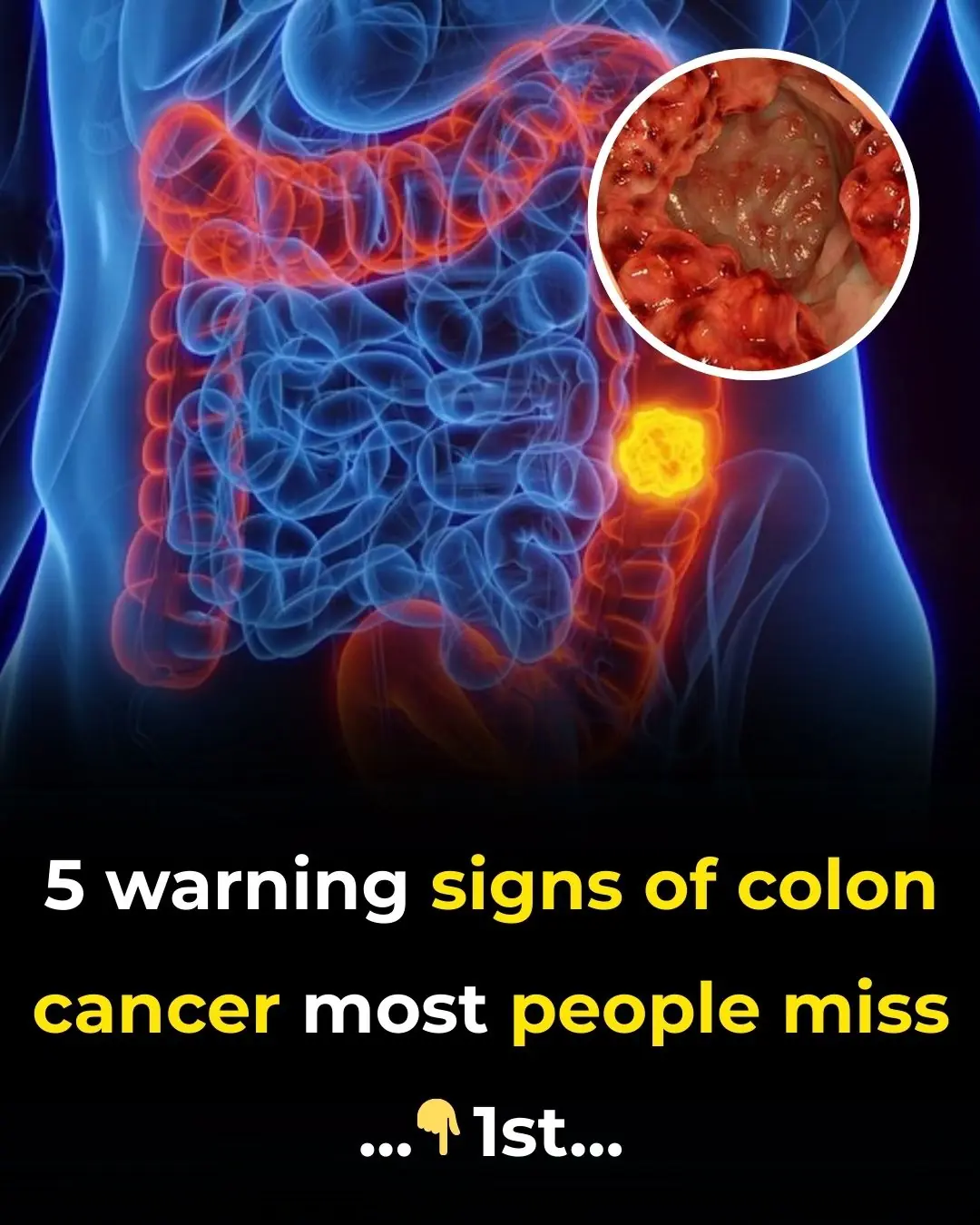
5 Unusual Signs Of Colon Cancer Folks Accidentally Ignore For Years
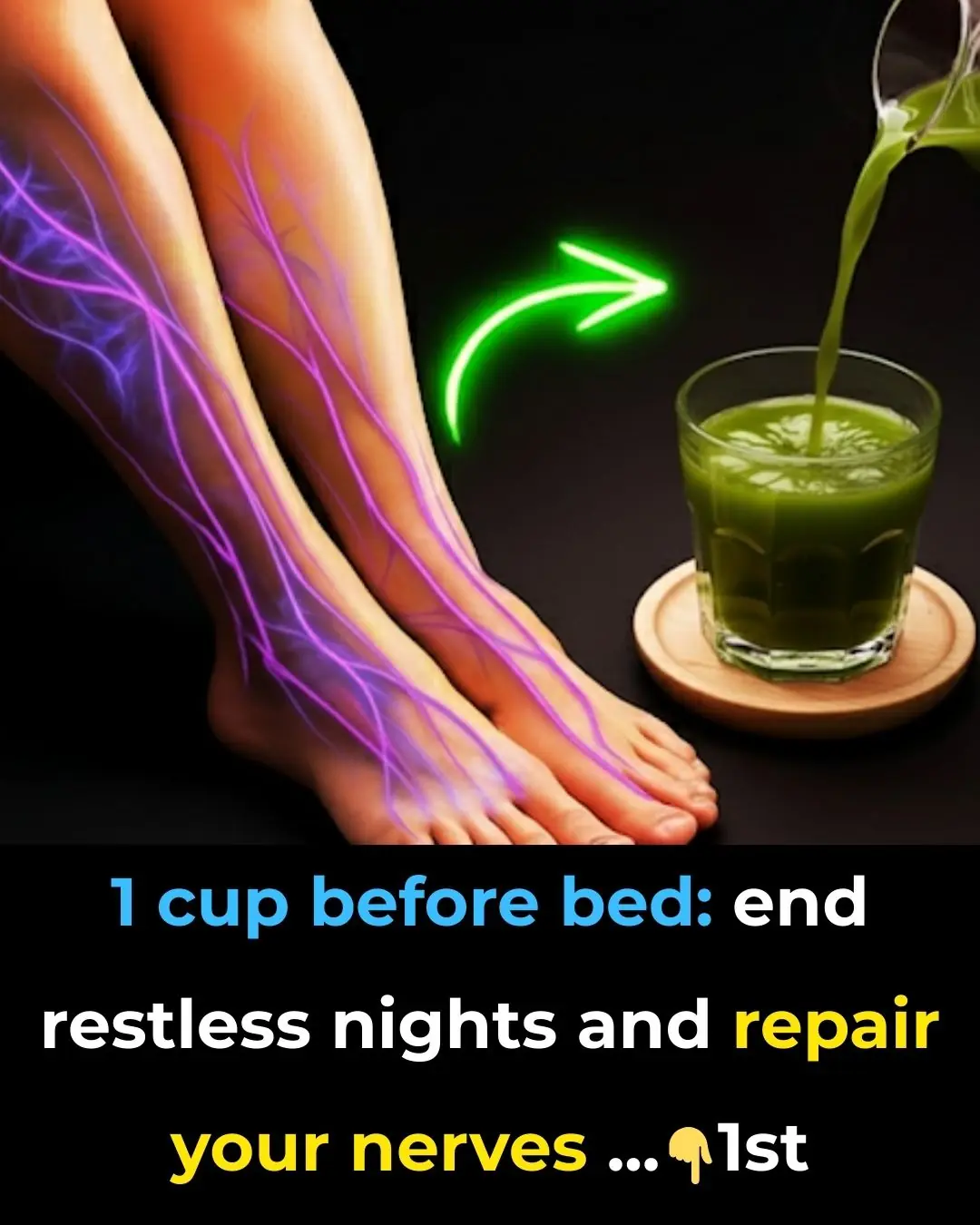
1 cup before bed: end restless nights and repair your nerves

5 foods that heal your body and STARVE cancer—eat these now!

Preventing Stroke At Any Age: 3 “Don’ts” After Meals—And 4 “Don’ts” Before Bed
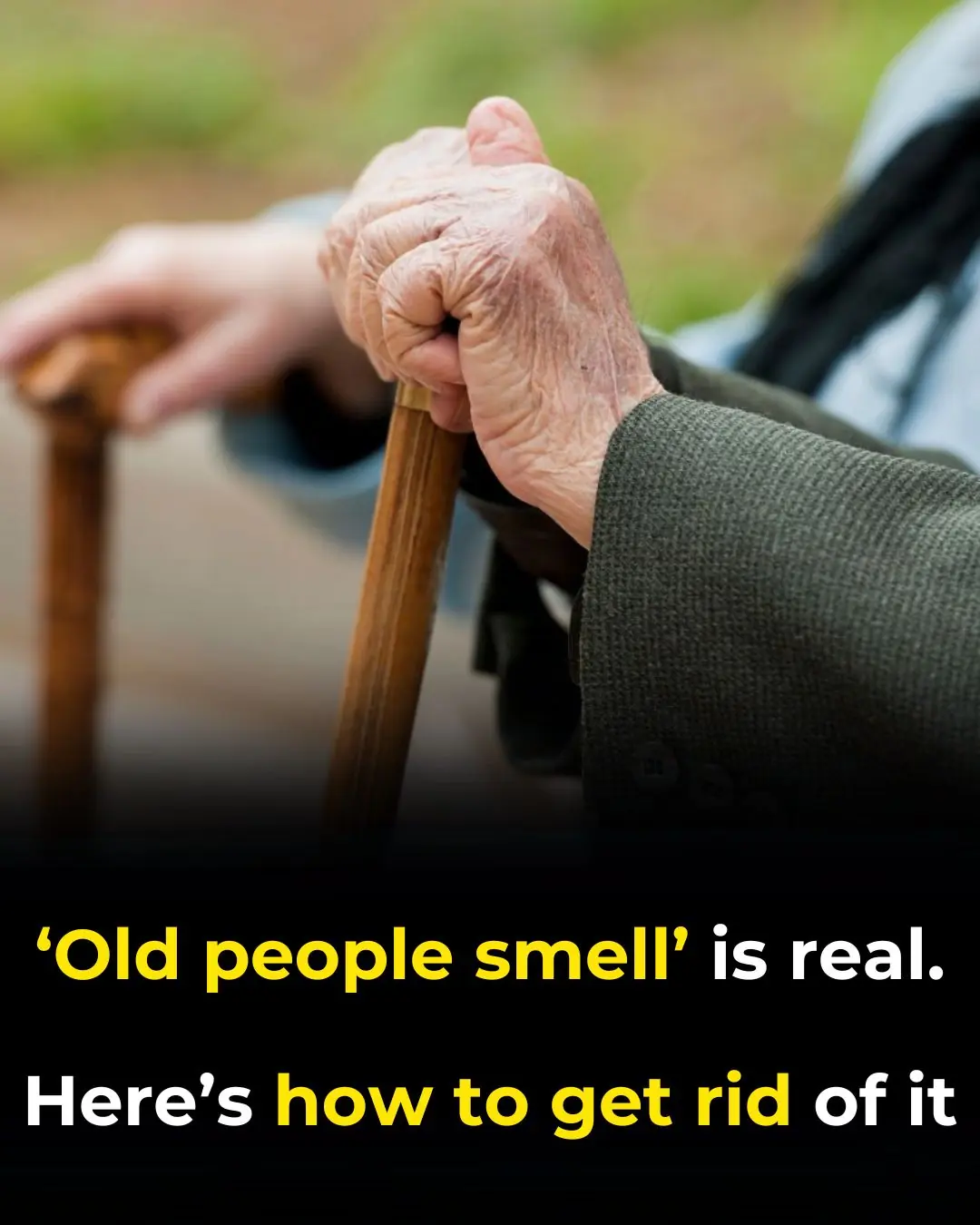
The Truth About “Old Person Smell”: What Causes It And How To Get Rid Of It

12 surprising foods that help dissolve blood clots naturally
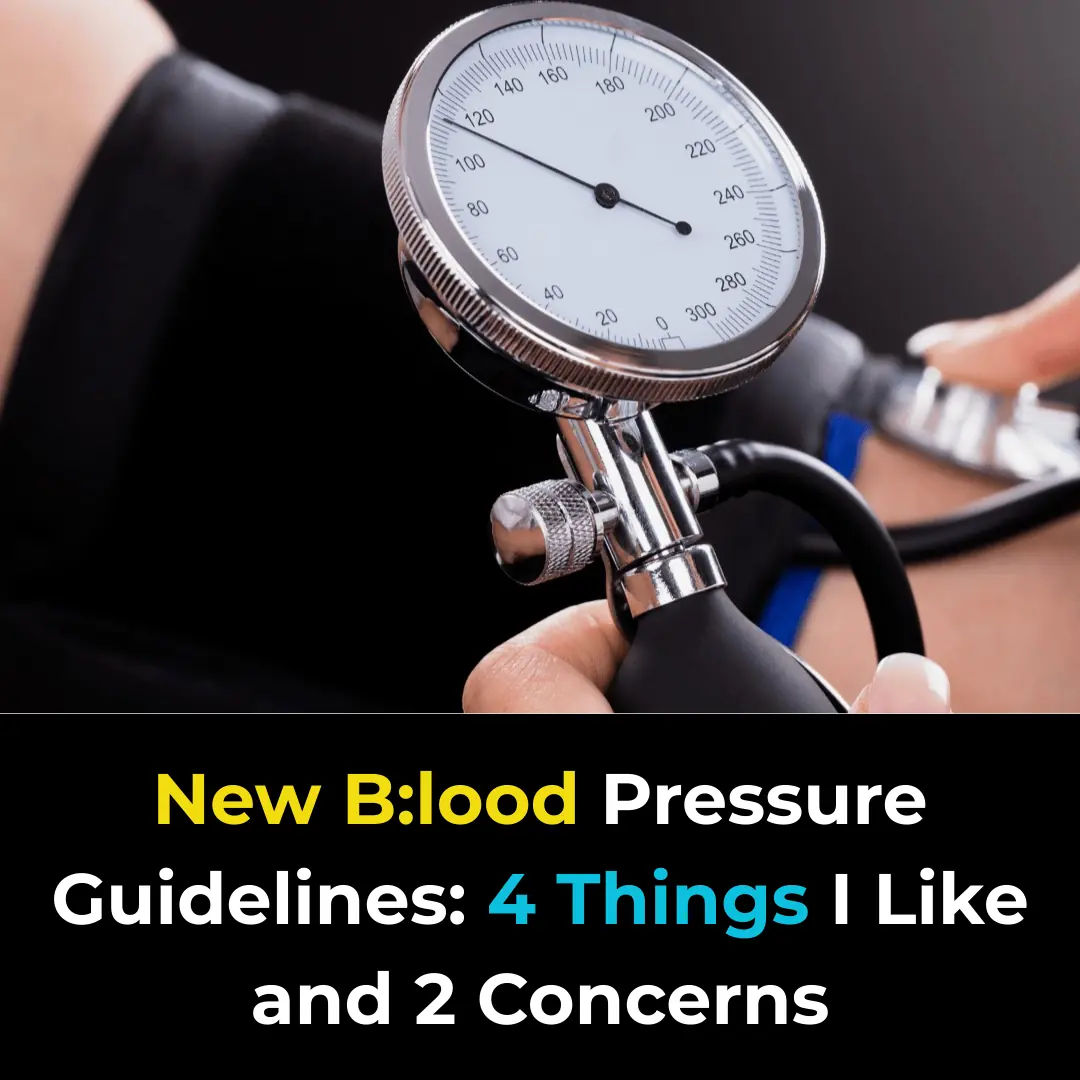
New B::l:ood Pressure Guidelines: 4 Things I Like and 2 Concerns
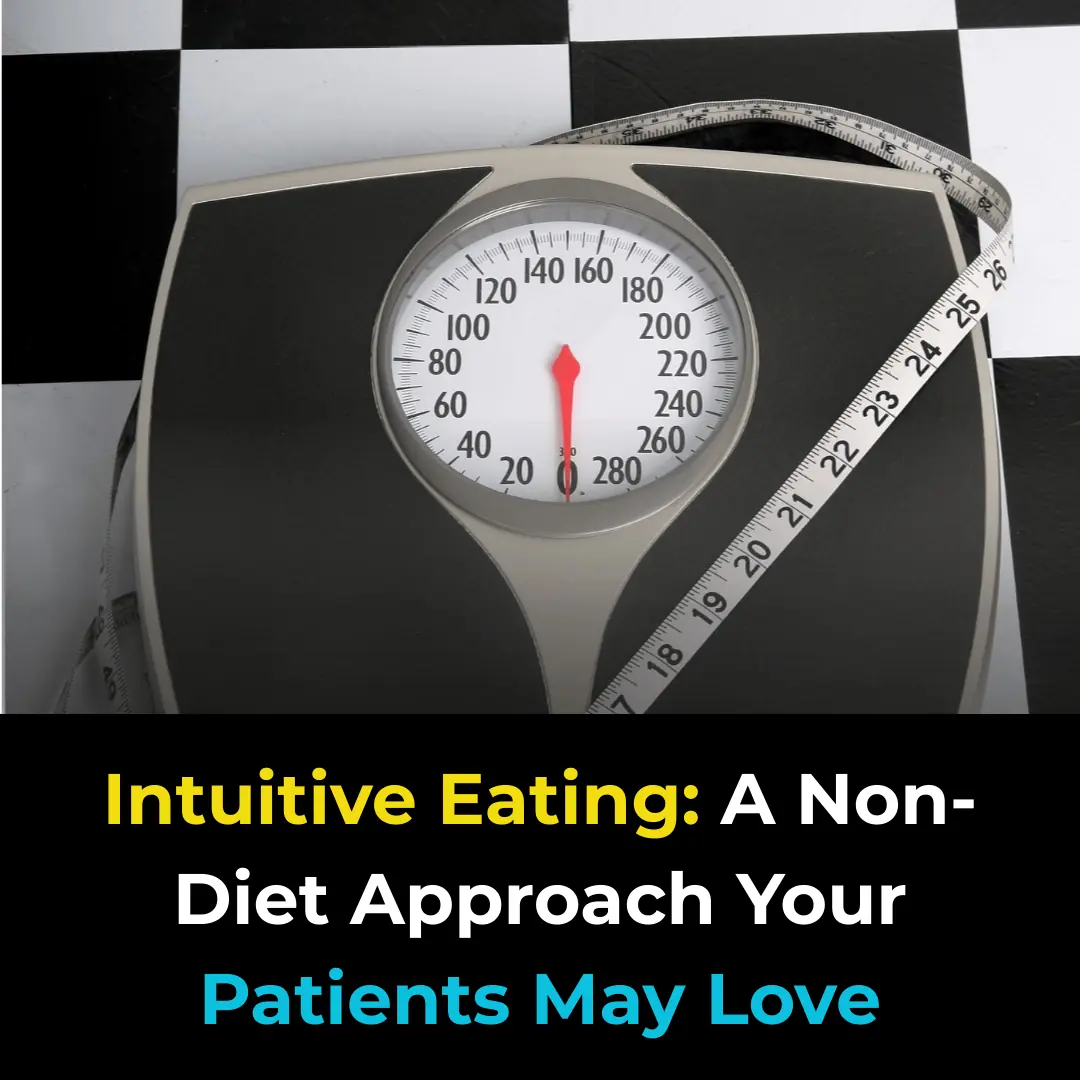
Intuitive Eating: A Non-Diet Approach Your Patients May Love

Global Prevalence of Hidradenitis Suppurativa Approaches 1%

Who Should Avoid Eating Chicken Feet?

Here’s How To Get Rid of Sinus Infections Naturally, No Antibiotics Required!
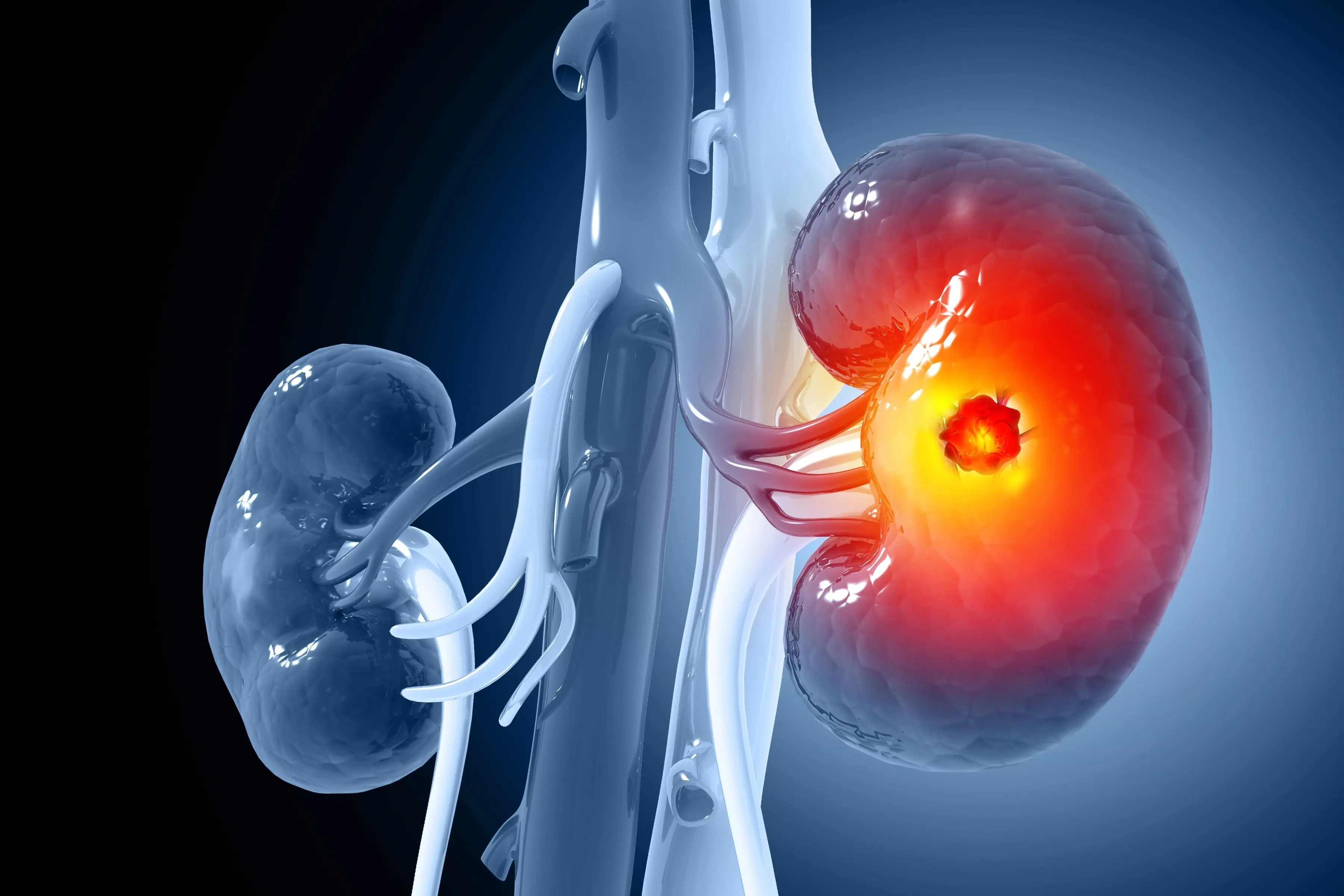
If You’re Experiencing THESE Symptoms, Your Kidneys May Be at Risk
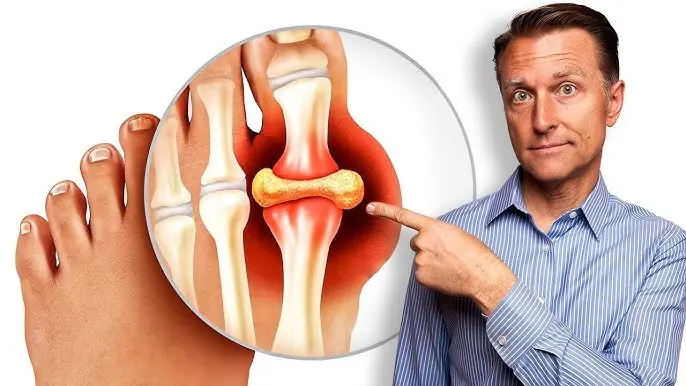
Best Natural Gout Treatments to Remove Uric Acid Crystallization and Prevent Gout And Joint Pain
News Post

The hidden meaning of thumb rings: what they represent for women vs. men

What it says about your relationship when your partner sleeps with their back to you

Pouring Hot Water into the Kitchen Sink: Thought It Was Helpful but Actually Causes Two Serious Problems

Early Signs of Liver Damage & How to Strengthen Your Liver

Clogged Pipes? Super Easy Home Remedies Without Calling an Expensive Plumber!

The Best Natural Gout Treatments: Remove Uric Acid Crystallization To Prevent Gout And Joint Pain

Foods that can ease swelling in hands and feet

The Golden 4-Hour Window to Drink Coffee for Maximum Health Benefits: Clean Liver, Smooth Digestion, and Balanced Blood Sugar

Sleeping With The Door Open

The World’s Strongest Animal Isn’t an Elephant or Bear

Gordon Ramsay issues health warning after undergoing cancer surgery

Woman shares ’embarrassing’ symptoms she regrets hiding from doctors as she’s diagnosed with incurable cancer

1 herb being called a miracle for liver, blood sugar, and blood pressure

5 Unusual Signs Of Colon Cancer Folks Accidentally Ignore For Years

Delta Pilot Spends Year’s Salary to Fly 112 Friends to Hawaii for Epic Retirement Sendoff

1 cup before bed: end restless nights and repair your nerves

5 foods that heal your body and STARVE cancer—eat these now!

Mixing Beer with Sugar or Detergent: A Brilliant Solution to a Common Household Problem You Shouldn’t Miss

A Wild Herb That Grows Like Weeds, Used in Soups to Nourish the Liver and Strengthen Joints, Yet Most Vietnamese People Always Pull It Out When They See It
